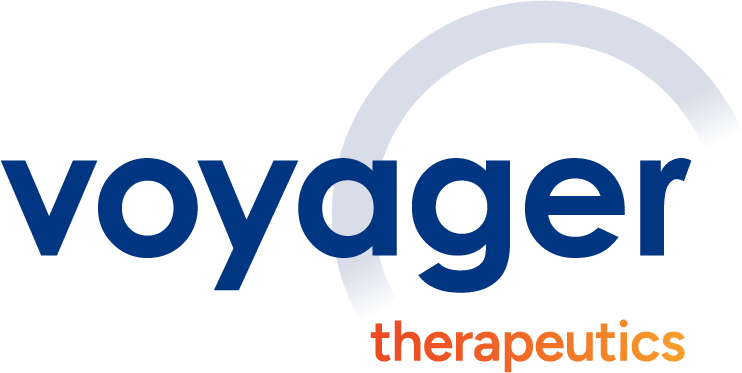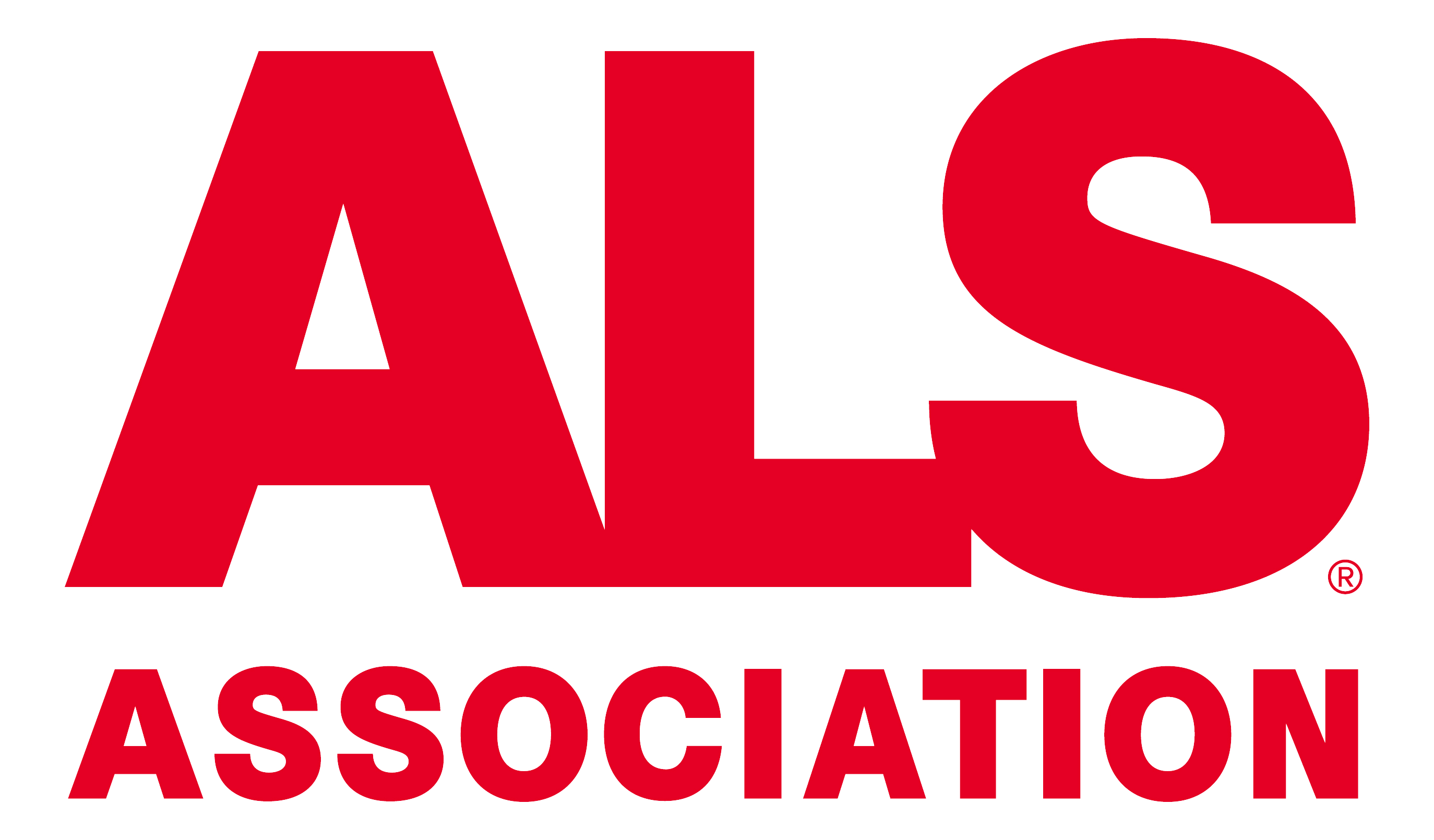Patient
Resources
Photo above: Representatives from the Alzheimer’s Association joined Voyager at an all-employee Town Hall
One of Voyager’s core values is “Patients First.” This means we act with urgency and drive every decision with the knowledge that patients are waiting for us.
Alzheimer’s Disease
1. Alzheimer’s Association. 2023 Alzheimer’s Facts and Figures. Available at: https://www.alz.org/media/Documents/alzheimers-facts-and-figures.pdf. Accessed February 15, 2024.
2. Gustavsson A, Norton N, Fast T, et al. Global estimates on the number of persons across the Alzheimer’s disease continuum. Alzheimer’s Dement. 2023; 19: 658–670. doi: 10.1002/alz.12694.
3. Penn Medicine. The 7 Stages of Alzheimer’s Disease. Available at: https://www.pennmedicine.org/updates/blogs/neuroscience-blog/2019/november/stages-of-alzheimers. Accessed February 15, 2024.
4. USAgainstAlzheimer’s. The Alzheimer’s Disease Crisis – By the Numbers. Available at: The Alzheimer’s Disease Crisis – By the Numbers | UsAgainstAlzheimer’s (usagainstalzheimers.org). Accessed: February 15, 2024.
Amyotrophic Lateral Sclerosis (ALS)
1. ALS Association. ALS Symptoms and Diagnosis. Available at: https://www.als.org/understanding-als/symptoms-diagnosis. Accessed: December 2023.
2. Mehta P., et al. Prevalence of amyotrophic lateral sclerosis in the United States, 2018. Amyotrophic Lateral Sclerosis and Frontotemporal Degeneration. 2023 Aug 21:1-7. doi: 10.1080/21678421.2023.2245858. Epub ahead of print. PMID: 37602649.
3. Brown C., et al. Estimated Prevalence and Incidence of Amyotrophic Lateral Sclerosis and SOD1 and C9orf72 Genetic Variants. Neuroepidemiology. 2021;55(5):342-353. doi: 10.1159/000516752. Epub 2021 Jul 9.
4. Ricci C., et al. A Novel Variant in Superoxide Dismutase 1 Gene (p.V119M) in Als Patients with Pure Lower Motor Neuron Presentation. Genes (Basel). 2021 Sep 29;12(10):1544. doi: 10.3390/genes12101544.
5. National Institute of Neurological Disorders and Stroke. Amyotrophic Lateral Sclerosis (ALS). Available at: https://www.ninds.nih.gov/health-information/disorders/amyotrophic-lateral-sclerosis-als. Accessed: December 2023.
Expanded Access to Investigational Therapies Policy
Expanded access, also called “compassionate use,” provides a pathway for patients to gain access to investigational treatments and medical devices for serious diseases or conditions. Expanded access refers to the use of an investigational therapy (one that has not been approved by the U.S. Food & Drug Administration (FDA) or other applicable regulatory authority) outside of a clinical trial where more comprehensive safety and efficacy data are collected.
Currently, Voyager does not offer expanded access for any investigational products in development. Voyager’s goal is to provide patients with access to the programs that we are developing as safely and quickly as possible. We believe the most appropriate way to achieve this goal is through participation in our clinical trials. In accordance with the 21st Century Cures Act, Voyager may revise this policy at any time.




